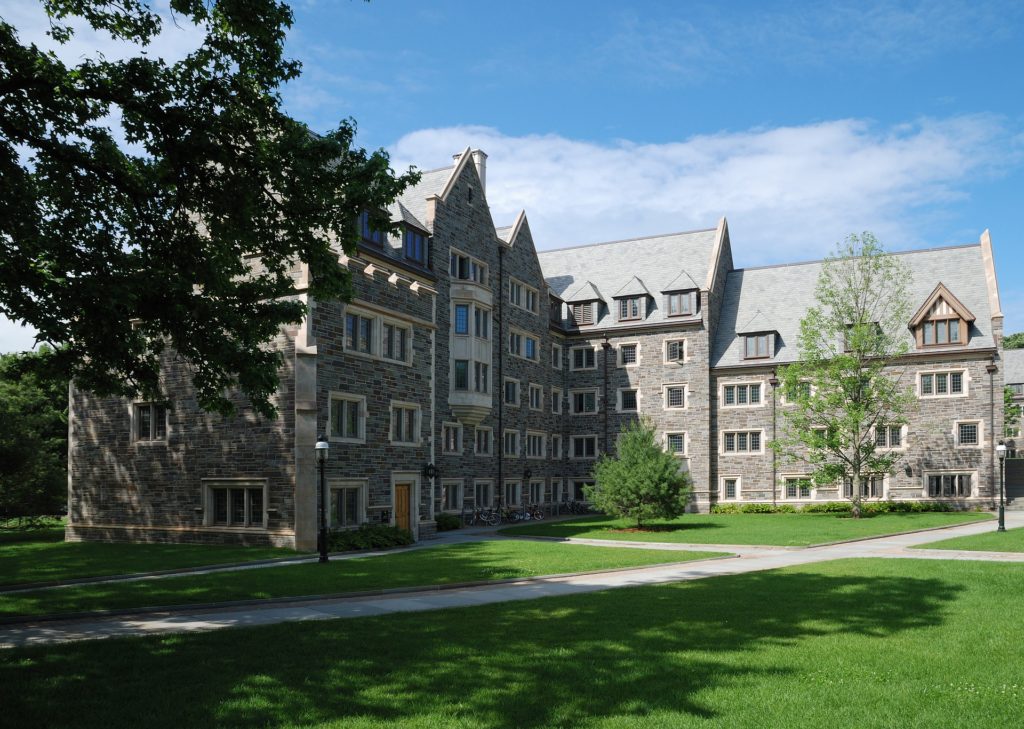Princeton University has spoken out about its mishandling of the remains of children killed in the 1985 MOVE bombing, apologizing for “contributing to the pain experienced by the Africa family.”
The remains of the children killed in the police bombing — which tore through two city blocks and killed 11 people — were in the possession of Alan Mann, a retired Princeton Professor Emeritus of Anthropology. He joined Princeton in 2000, where he began trying to identify the remains and continue to study one particular set of remains that could not be identified.
#PrincetonU joins @Penn and @pennmuseum in apologizing for contributing to the pain experienced by the Africa family and fully supports the process @Penn is undertaking to return the remains of the victims to the family. A statement from @PrincetonAnthro: https://t.co/qe9UqJfZKf https://t.co/zlaQGjjGIJ
— Princeton University (@Princeton) April 27, 2021
The anthropology department also released a statement on Sunday, acknowledging their “complicity in this history.”
“Given Prof. Mann’s affiliation with our department, coupled with what we know about the troubled history of the field of physical anthropology, we should have asked more questions about his research,” they wrote. “As anthropologists we acknowledge that American physical anthropology began as a racist science marked by support for, and participation in, eugenics.”
Princeton Students Demand Further Reparations
Calls for reparations were sparked by the recent display of the victims’ bones in an online course at Princeton. Over 5,000 students were enrolled in the class, which was hosted on the Coursera platform. The course was taught by Janet Monge, an anthropology professor at both Princeton and the University of Pennsylvania.
Social media was quick to catch onto the news, with tweets from multiple netizens expressing disbelief and outrage at the mishandling of the remains.
These mofos at Penn have the bones of the children from the MOVE bombing of 1985 and are sharing them with Princeton for an ONLINE CLASS.
— Déesse (@cleopatrillest) April 27, 2021
A group of Princeton students is protesting in solidarity with MOVE, issuing a list of demands. These include permanently removing the online course, revoking Mann’s emeritus status, and providing more education about those who have been historically excluded or marginalized.
We will be protesting in solidarity with MOVE tomorrow at 5:30pm in front of Nassau Hall. With masks and socially distanced! pic.twitter.com/QP5wAMrfZO
— Aisha Tahir (@aishatahirz) April 27, 2021

